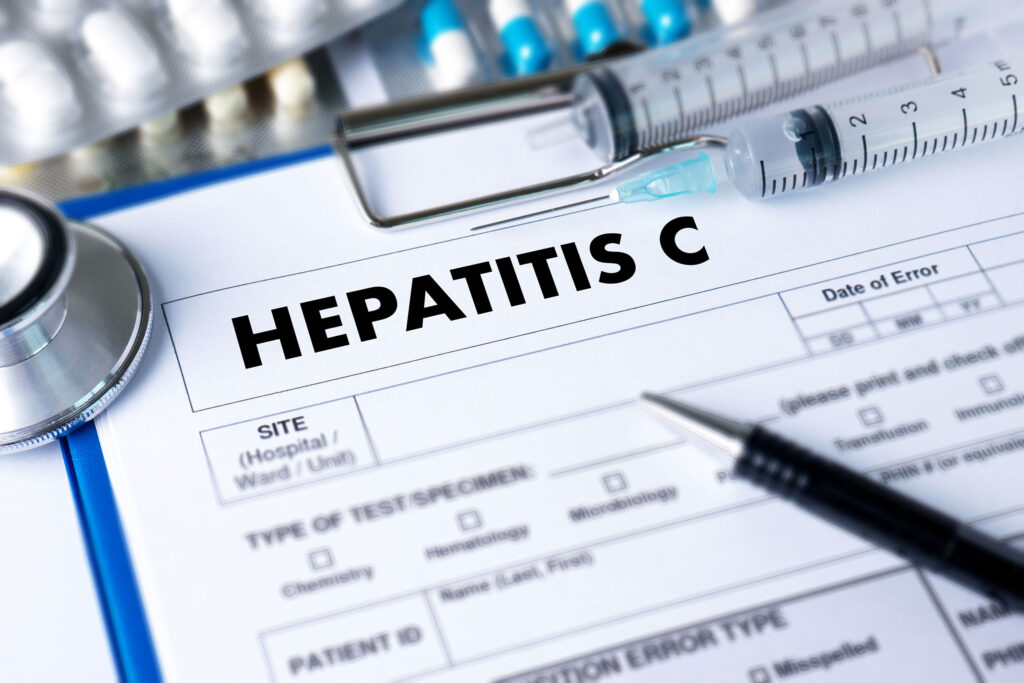Abstract
The national hepatitis C elimination initiative provides an opportunity to dramatically expand access to hepatitis C virus (HCV) treatment and put the US on a path to eliminating hepatitis C. Our objective was to project the health benefits and cost savings of this initiative. A previously developed mathematical model was updated to simulate trends in HCV disease burden and cost of care in the US for the next 20 years under status quo and national hepatitis C elimination initiative. Within five years, the initiative will diagnose 92.5% of all persons with HCV and cure 89.6% of HCV infection. Over 10 years, compared with the status quo, the initiative will avert 20,000 cases of hepatocellular carcinoma, 49,100 cases of diabetes, and 25,000 cases of chronic kidney disease. The initiative will also avert 24,000 deaths adding 220,000 life years. These benefits in improved health will save $18.1 billion in direct healthcare spending, of which $13.3 billion would accrue to the federal government. Over 20 years, the health benefits would increase by more than 2-fold and cost savings by 3-fold. The cost savings would further increase if the HCV incidence rate decreases because of rapid decline in HCV prevalence. In conclusion, the national hepatitis C elimination initiative would substantially reduce HCV-related morbidity and mortality and would reduce healthcare spending at 10 years and beyond.
The full study can be viewed at National Bureau of Economic Research.
Chhatwal, J., Aaron, A., Zhong, H., Sood, N., Irvin, R., Alter, H. J., … & Ward, J. W. (2023). Projected Health Benefits and Health Care Savings from the United States National Hepatitis C Elimination Initiative (No. w31139). National Bureau of Economic Research.
